What is a common mistake made by rookie agile consultants?
I think the most common mistake made by a rookie agile consultant is the belief that simply by following the rules or processes of whatever agile framework they recommend; positive results and outcomes will be achieved.
A belief that these practices and processes will solve any problems you may encounter.
Scrum is a great tool, but it is only a tool and not a solution in and of itself.
- People must want to use scrum; it can’t be imposed on them for it to succeed.
So, for an agile consultant to pick an agile framework for the team and insist that they use it will only create more problems in the environment.
If the only tool you have is a hammer, the tendency is to view every problem as a nail.
Agile consulting doesn’t work that way.
Every client environment is unique. Every application of scrum is unique. Every team you work with is unique. The context in which they operate is unique. The markets they serve are unique.
Dogma rather than empiricism.
The second most common mistake is the belief that the rules matter more than discovering the best way forward for the team.
Getting caught up in dogma and insisting people follow scrum by rote rather than deeply understanding what underpins those guidelines, and how to leverage that effectively to help your client achieve their goals and objectives.
- Why is the client evaluating scrum as a potential option?
- What are the challenges they face?
- What are the goals and objectives for the organization?
- What are the goals and objectives for the product development team?
- Why are both entities failing to meet those goals and objectives?
- What is the reason for the burning bridge? Why is change urgent and necessary?
- What factors are driving the consideration of agile adoption?
And so forth.
So, I think that rookie agile consultants tend to focus on implementing scrum as a set of events that must be honoured and artefacts that must be integrated into their process rather than helping the team discover the underlying reasons why these events and artefacts exist.
Helping them to understand why scrum works the way it does, and how it can help them make more effective decisions and achieve their goals. How it informs product development and the creation of value throughout the value stream.
It starts with the basics. Empiricism.
Make things, work, intentions, and language transparent. Frequently inspect what you are doing and evaluate performance based on data and evidence. Adapt what you are doing based on what you have learned, what the data suggests, and on the feedback of customers and product development teams.
A sprint retrospective, for example, is a powerful event because it enables the team to reflect on what they have learned, what needs attention, and what needs to be actioned for the team to improve in the upcoming sprint.
Simply having a 4 hour meeting with the team and calling it a sprint retrospective doesn’t achieve the same outcome and the team will battle to understand the purpose of the meeting if you aren’t leveraging it properly.
So, going through the motions achieves very little, and that is what I see most often in failing scrum teams. People who are following the mechanics of scrum, but have very little understanding of why it matters, what the purpose of each event or artefact or accountability is, and how to use the agile framework effectively in pursuit of their unique goals and objectives.
A rookie agile consultant can walk you down the path and insist that you do everything the way the scrum guide tells you to, but a seasoned, skilled agile coach will coach and mentor you through each iteration and empower the team to improve in significant ways.
It’s the difference between the little league coach walking under 9’s through the rules of the game versus Pep Guardiola coaching a professional, elite football team to success in every competition they enter.
Those are the two most common mistakes I witness with rookie agile consultants.
About NKD Agility
Naked Agility is an #agile consultancy that specializes in #scrumtraining, #agilecoaching and #agileconsulting to help teams evolve, integrate, and continuously improve.
We recognize the positive impact that a happy AND inspired workforce can have on customer experience, and we actively help organizations to tap into the power of creative, collaborative, and high-performing teams that is unique to #agile and #scrum environments.
If you are interested in #agiletraining, visit https://nkdagility.com/training/
If you have identified the need for #agilecoaching and #agileconsulting, visit https://nkdagility.com/agile-consulting-coaching/
We would love to work with you.
#scrum #agile #scrumteam #agileprojectmanagement #agileproductdevelopment #projectmanagement #productdevelopment #agilecoach #agileconsultant #agiletraining #scrumtraining #scrumorg
